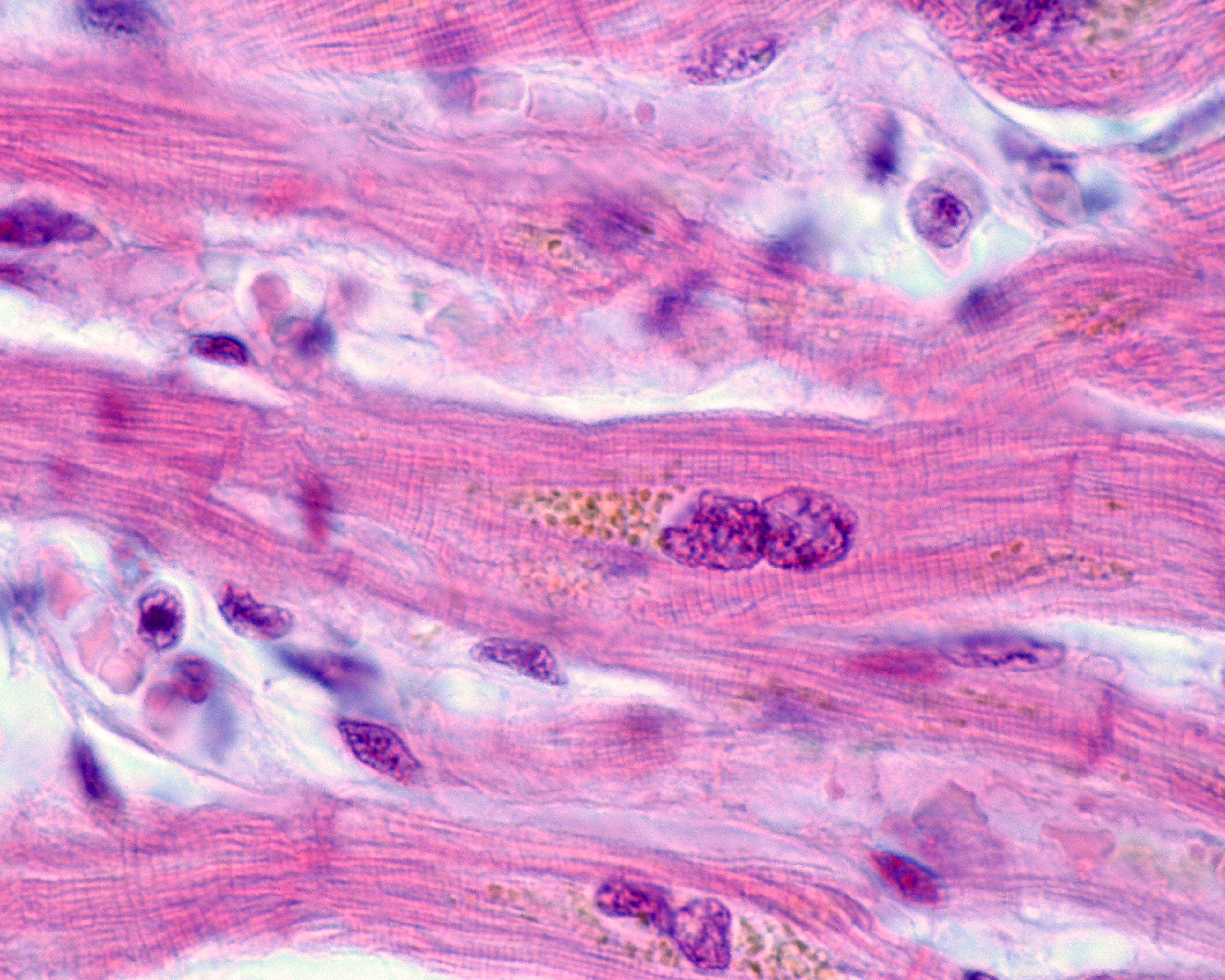News release
From:
QIMR Berghofer researchers have contributed to a new discovery, unlocking how heart muscle cells can be restored, informing the development of therapies for heart failure. Given human heart muscle cells lose their ability to regenerate shortly after birth, cardiac tissue isn’t able to regain its function after damage.
Research Officer at QIMR Berghofer’s Cardiac Drug Discovery Lab, Lynn Devilée and a team of international collaborators led by Baylor College of Medicine Assistant Professor Riham Abouleisa, identified that cardiac cell restoration can be reactivated by manipulating calcium influx. However, there is a fine balance between lowering calcium influx to enable cardiac cell renewal and too little calcium influx, causing the heart to stop.
" The findings pave the way for treatments that target calcium influx to repair damaged tissue and restore healthy heart function. The challenge remains how to manipulate this process without interfering with normal heart function," said Research Officer Lynn Devilee



 Australia; QLD
Australia; QLD



